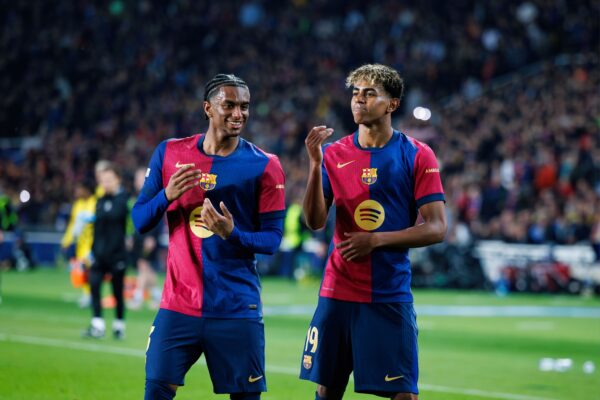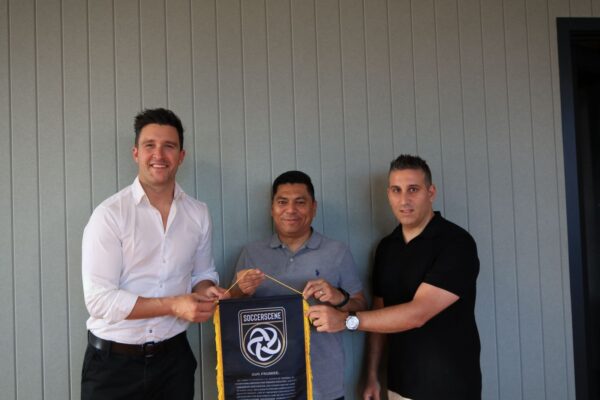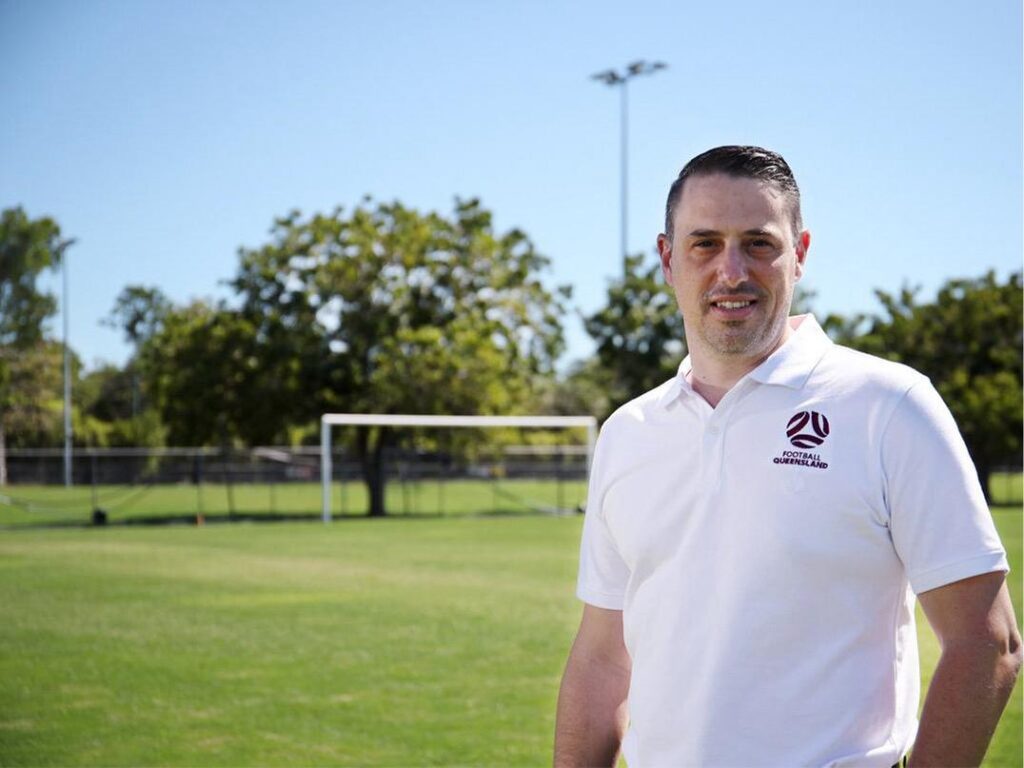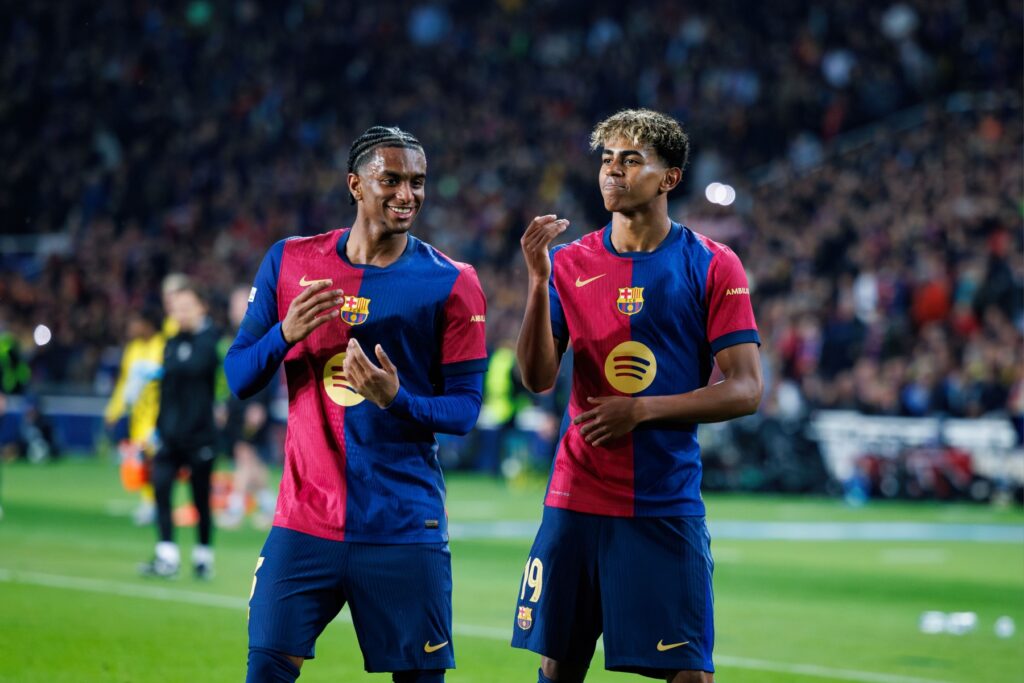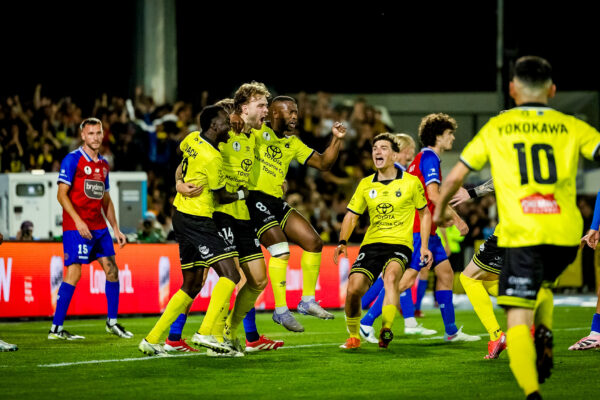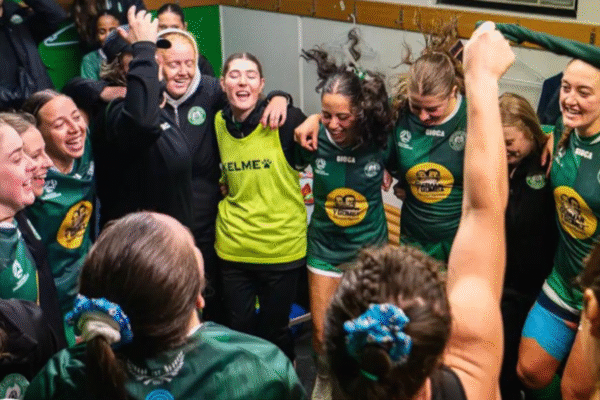
Football Australia has today revealed that Subway is the naming rights partner of the National Senior Men’s Football Team, the Socceroos.
The partnership lasts for three years and in turn is the largest ever national team sponsorship deal in Australian football history. As the world’s largest sandwich chain – with more than 37,000 locations globally – Subway now holds the naming rights for not only the Socceroos, but also the Olyroos, Young Socceroos, and Joeys.
Additionally, Subway becomes an Official Partner of the CommBank Matildas and the Australia Cup – the largest knock-out competition in Australia with over 700 teams from all corners of the country entering each year. Subway will have exclusive category rights for the Socceroos, CommBank Matildas, men’s and women’s youth national teams, and the Australia Cup.
The Subway brand and logo will also be showcased across all apparel such as game day and training, plus any promotional or marketing campaigns including mascots.
Upon announcing the new partnership with Subway, Football Australia Chief Executive Officer James Johnson said in a statement:
“We are thrilled to welcome Subway as the naming rights partner of the now, Subway Socceroos and our men’s national youth teams for the next three years. We are also pleased to see Subway join as a partner of the Australia Cup, as we approach a history making Australia Cup Final on 1 October at CommBank Stadium in Sydney.”
“Subway joins us at a time of unprecedented interest and growth in Australian football. The team at Football Australia has worked tirelessly to strategically position our iconic national teams in an increasingly competitive market and this record-breaking partnership, which follows a series of other commercial announcements over the past two years, demonstrates how deeply the Subway Socceroos and CommBank Matildas resonate with the Australian public. It also continues our efforts to work with brands which align with our own values and as the top-ranked company on YouGov’s Dining and Quality Rating Standards, we are delighted to be working with another high performing team.
“The Subway partnership announcement is highlighted by the Centenary celebrations of the Subway Socceroos, as they build towards a sixth FIFA World CupTM appearance later this year and coincides with the team’s Farewell match against New Zealand in Brisbane.
“To add further to our Centenary celebrations, we have recently partnered with the Royal Australian Mint to launch a limited edition 2022 Socceroos Centenary $2 Coin, and Australia Post which has released two new stamps commemorating 100 years of the Australian men’s national football team.
“We are delighted that together with Subway, we can write the next chapter of Australian football and we welcome them to the Football Australia family.”
Subway Country Director for Australia and New Zealand, Shane Bracken, is excited by the opportunities ahead and acknowledged the similarities and values that Subway and Football Australia shared.
“This is a partnership of two iconic brands and binds together a sandwich chain enjoyed by millions worldwide and a sport that millions play, participate in and support across the globe,” Bracken added via press release.
“Subway is proud to be partnering with Football Australia at such an exciting time for the game – not only across the national men’s and women’s teams, but as junior players move through the ranks and become our next line of role models and heroes.
“Our Aussie football stars have a huge few years ahead of them and Subway is looking forward to being part of the journey and helping make the game of football even bigger than it is right now.
“From one green and gold team to another – we’ll be cheering from the sidelines and across our stores.”
The official partnership launch will take place at the Socceroos Centenary and Farewell match against New Zealand at Suncorp Stadium in Brisbane tonight (kick-off at 8pm AEST).




